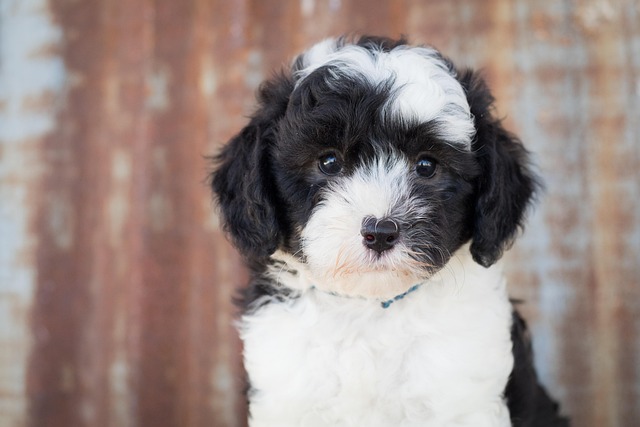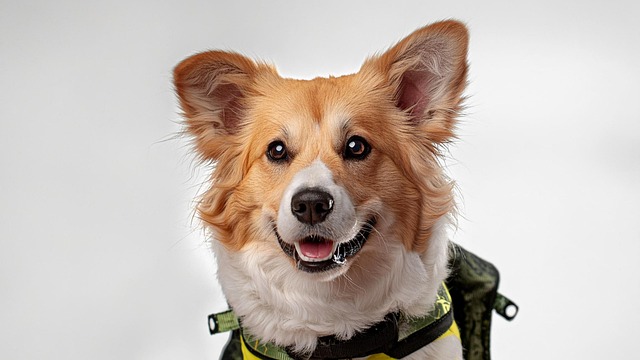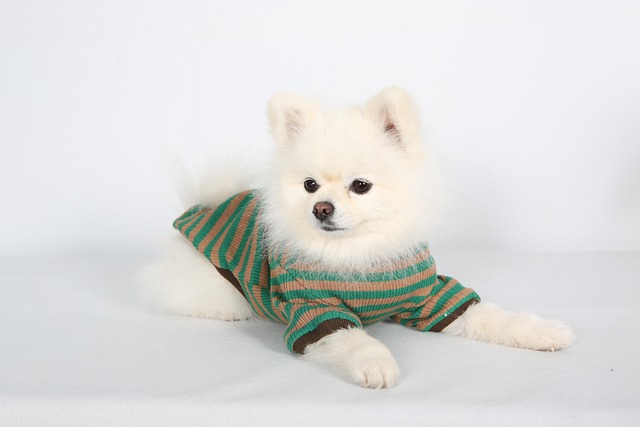
What vitamin is good for dogs' skin
Seeing your dog constantly scratch or noticing dry, flaky skin can make you wonder if a simple vitamin might be the solution.
Picture this: your Labrador, Luna, just delivered six squirming puppies in your Chicago apartment. Overwhelmed by their tiny whimpers, you immediately scoop one up for cuddles – a well-intentioned mistake that could jeopardize its survival. Newborn puppies (0-4 weeks) exist in a fragile bubble where seemingly small errors carry life-long consequences. Understanding critical "don'ts" protects their health while aligning with modern welfare standards.
Never separate puppies unnecessarily from their mother before 8 weeks. That whimpering 3-week-old pup in your Brooklyn kitchen might seem lonely, but removing it disrupts vital nursing, thermoregulation, and early socialization. Mom’s milk provides irreplaceable antibodies – premature separation often leads to weakened immunity and behavioral issues. Studies show puppies weaned too early develop more anxiety and resource guarding. If Luna seems stressed, create a quiet whelping box away from apartment foot traffic, but keep the litter intact.
Avoid handling newborns excessively during their first two weeks. While gentle daily weight checks are crucial, passing that warm bundle around your Seattle dinner party exposes them to dangerous germs. Their underdeveloped immune systems rely entirely on maternal antibodies until vaccinations begin at 6-8 weeks. Always wash hands before touching puppies and limit visitors – especially in urban apartments where pathogens linger. Never allow unvaccinated dogs near the litter; parvo virus can survive on sidewalks for years, tracked in on shoes.

Never bottle-feed puppies on their backs like human infants. Position them upright on their bellies to mimic natural nursing, preventing deadly aspiration pneumonia. If supplementing is necessary (e.g., for a runt), use veterinary-prescribed formula – cow’s milk causes severe diarrhea. Crucially, don’t ignore early vaccination deadlines: most states legally require first distemper/parvo shots by 6-8 weeks and rabies vaccination by 12-16 weeks. Missing these puts puppies at risk and violates local ordinances like New York City’s health code §161.04.
Resist punishing early mouthing or growling. Those 5-week-old nips during play aren’t aggression – puppies explore the world with their mouths. Yanking them away or yelling creates negative associations. Instead, redirect with chew toys using positive reinforcement. Physical discipline violates animal welfare laws across all 50 states and the EU; it damages trust and may trigger defensive behaviors as adults.
Apartment dwellers: never ignore noise management. Puppy whines amplify in multi-unit buildings. Line the whelping box with sound-absorbing vet bedding and notify neighbors about temporary noise. Always clean accidents immediately using enzymatic cleaners – ammonia-based products attract repeat soiling. When taking mom for quick bathroom breaks in communal areas, carry biodegradable poop bags; fines for uncollected waste reach $300 in cities like Boston.
Don’t delay licensing and microchipping. Many counties (e.g., Los Angeles) require registration by 4 months – often tied to vaccination records. Finally, never skip vet wellness checks, especially if a puppy shows lethargy or poor weight gain. What seems like "just a quiet pup" could signal fading puppy syndrome requiring urgent intervention. By avoiding these pitfalls, you’ll give Luna’s litter the strongest start for adventures in city parks and beyond.

Seeing your dog constantly scratch or noticing dry, flaky skin can make you wonder if a simple vitamin might be the solution.

If you’re a new dog parent in the US—maybe you’re sitting on your Portland apartment couch, staring at your 1-year-old Australian Shepherd

If you’re a new dog parent in the US—maybe you’re sitting on your Atlanta apartment floor, holding your 6-week-old Beagle puppy, Daisy, who’s curled up in your lap

If you’re a new dog parent in the US—maybe you’re standing in your Denver apartment’s kitchen, staring at a bag of high-quality puppy kibble and a bottle

Seeing your puppy grow daily is amazing, and it’s natural to want to give them every advantage, including supplements.

Brown stains on white dog fur aren’t just unsightly—they can also hint at underlying issues like tear duct irritation or poor grooming habits, which matter even more when you’re following local pet care laws.